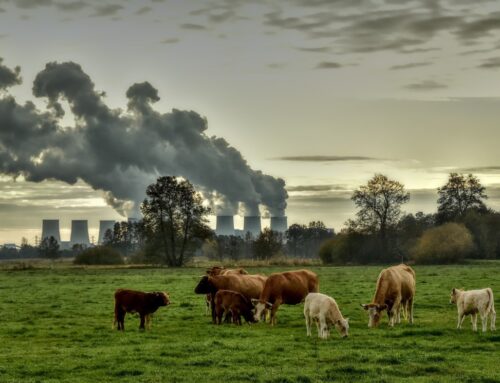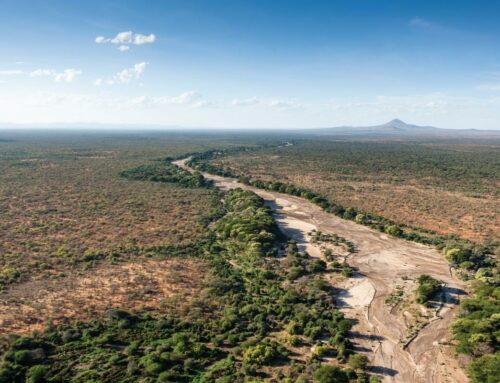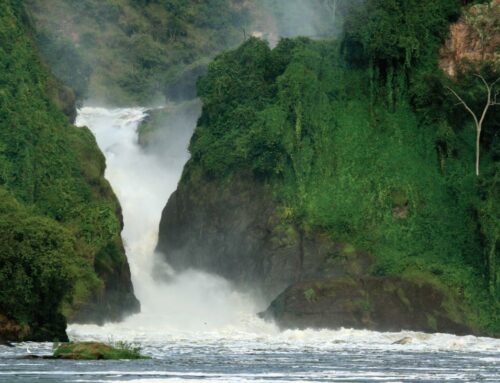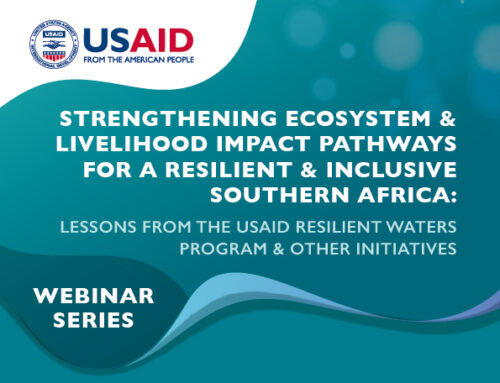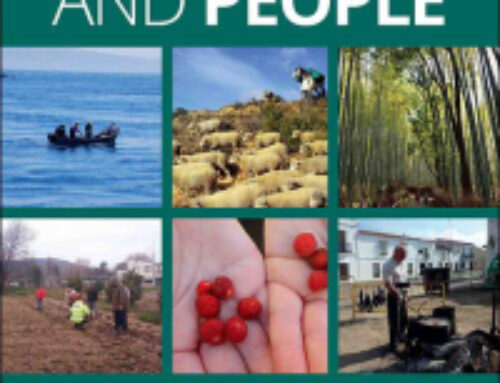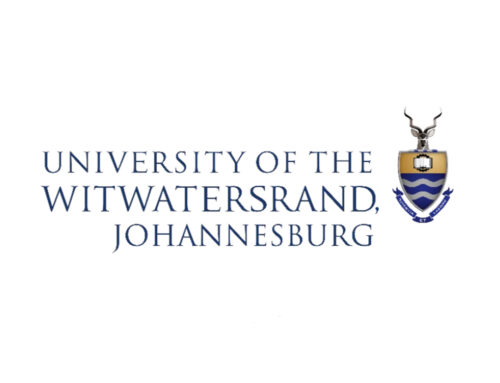We seek two PhD candidates to undertake research as part of the project “Building adaptive capacity to ocean change at multiple scales through promoting ecosystem-based adaptation and community engagement (Eco-ACE)”. This project is a 3-year transdisciplinary project being undertaken in collaboration with the Universities of Cape Town, Western Cape, and Nelson Mandela University. Students will be required to register at the University of Cape Town and be co-supervised by various researchers from the partner universities. The PIs for the project are Drs Lynne Shannon, Louise Gammage and Kelly Ortega-Cisneros from the group around the South African Research Chair in Marine Ecology and Fisheries.
Background to Eco-ACE
The project aims to facilitate and improve the adaptive capacity of vulnerable groups in coastal communities by following a co-design and collaborative research approach that makes use of multiple methods. We take a community-based research approach to co-design and develop interventions and tools with stakeholders to foster an improvement in adaptive capacity at the local level. At the same time, decision-makers will be engaged to identify and implement interventions to promote ecosystem-based decision-making. Taking a participative modelling approach, we will integrate social and ecological knowledge into ecosystem models. Through these various interventions, we will also facilitate science and stakeholder engagement in relation to climate change and variability, and the effects thereof. By defining and outlining a field-tested approach, our project will directly contribute to strengthening the adaptive capacity of vulnerable communities and create awareness of climate change at the local level, strengthen existing ecosystem models of the southern Benguela through the integration of small-scale fishers’ knowledge and contribute to the promotion of ecosystem-based management approaches in South Africa through capacity building at larger scales and policy recommendations.
We seek PhD candidates to undertake the following research, starting in 2022:
Project 1: Co-design of interventions and tools for community level adaptation to global change considering local and indigenous knowledge systems (Supervision by project partners – to be confirmed after consultation with candidates)
This project aims to build capacity at the local level through co-design and collaboration. Specifically, the project will explore with coastal communities (knowledge co-production), various interventions and tools (for example, causal mapping and mental models, scenarios, audio projects and photovoice narratives of change) that can be implemented at the community level to facilitate improved decision-making to increase the adaptive capacity of small-scale fishers and their communities in South Africa. This study will use a community-based participatory research (CBPR) approach to co-design tools and interventions to address adaptive capacity of coastal communities whilst facilitating conversations and interactions between fishers and a diverse array of researchers, including ecosystem modelers. These interactions will enable i) the inclusion of local and indigenous knowledge regarding small-scale fishing in ecosystem models, and ii) communication of modelled scenario outputs with users to increase awareness of the potential impacts of change at the local level. These scenarios will make an important contribution to the tools that can be used to build adaptive capacity within these communities.
Project 2: Bridging the gap between people and policy: Exploring pathways to integrating local level knowledge into decision-making (Supervision by project partners, to be confirmed after consultation with candidates)
This project aims to facilitate bottom-up and top-down conversations between key stakeholders and decision-makers at various scales of the governance system to unpack potential impacts of change (including climate change) and make recommendations on how governance approaches can be better aligned to facilitate holistic sustainability. Through these interactions we seek to build capacity within governance systems (such as fisheries) to specifically promote better adoption of system-based management approaches within structures, 2
particularly the Ecosystem-based approach to fisheries management and marine spatial planning frameworks to which South Africa ascribes.
Requirements: Candidates should have an interdisciplinary or social science Master’s degree (or equivalent) in Environmental Science, Sustainability Science, Geography, Sociology, or a related field. Additionally, candidates must be conversant with the South African fisheries landscape and marine context. The successful candidate should have some experience with and document interest in conducting mixed method research – in particular, they need to be conversant with participant-led research and methods. They should have a passion for working with diverse groups of people and an ability to work independently and collaboratively. They need to demonstrate good writing skills and willingness to engage across a diverse range of disciplines and bodies of knowledge related to fisheries. Candidates must be willing and able to spend extended periods of time in the field working with coastal communities as embedded researchers. A working knowledge of Afrikaans would be advantageous but is not crucial.
Funding
Bursaries will be funded from the Eco-ACE project (subject to confirmation of research funding). The NRF minimum academic requirement for PhD funding is 65% average for the preceding Master’s degree. Applicants for Master’s funding must be 32 years of age or younger in the year of application (i.e. must not be older than 32 year by 31 December 2021).
Successful applicants will be funded either at Full Cost Study (FCS) or Partial Cost of Study (PCS). The FCS funding will be awarded to South African citizens and permanent residents only, who are either financially needy (i.e., those whose combined household family income is less or equal to R350 000 per annum), living with a disability, or exceptional academic achievers (i.e., 75% and higher for Master’s degree). PCS funding will be awarded to 5% of international students including South African citizens and permanent residents who could not be funded under FCS but meet other minimum requirements for the NRF scholarship funding criteria.
Reasonable running and travel expenses will also be covered where possible.
Requirements
Potential PhD candidates should have completed a Master’s degree or equivalent. All candidates should show evidence of strong scholarly performance. Based on the National Research Foundation’s funding guidelines, strong preference will be given to South African nationals and under-represented groups.
To apply
Applications will follow a 2-step process:
Step 1. Apply to Eco-ACE
All interested candidates should first apply to the Project leads by emailing the following documents to kelly.ortegacisneros@uct.ac.za and louise.gammage@uct.ac.za by 21 June 2021 at 12:00 with the subject line “PhD Application: <PhD Subject>” (please indicate which project you are applying for):
- • a motivation letter (detailing your previous academic and work experience, and how your experiences and skills speak to the proposed research topic, as well as your specific interests with regard to the proposed project),
- • a detailed CV that includes your academic record, previous work experience, any scientific publications on which you have been an author, and the names of at least two academic referees,
- • transcripts of academic qualifications,
- • at least one example of recent written work (e.g. a paper, report, thesis chapter).
Step 2. Apply to NRF
Suitable candidates will be notified by the project leaders and requested to apply on the NRF system by 2 July 2021, linking their application to the project. Instructions on this process will be communicated to successful applicants in Step 1. Details on the NRF application process can be found here.
Please note that funding will only be awarded to candidates selected and approved by the NRF.
We reserve the right not to fill the positions.



